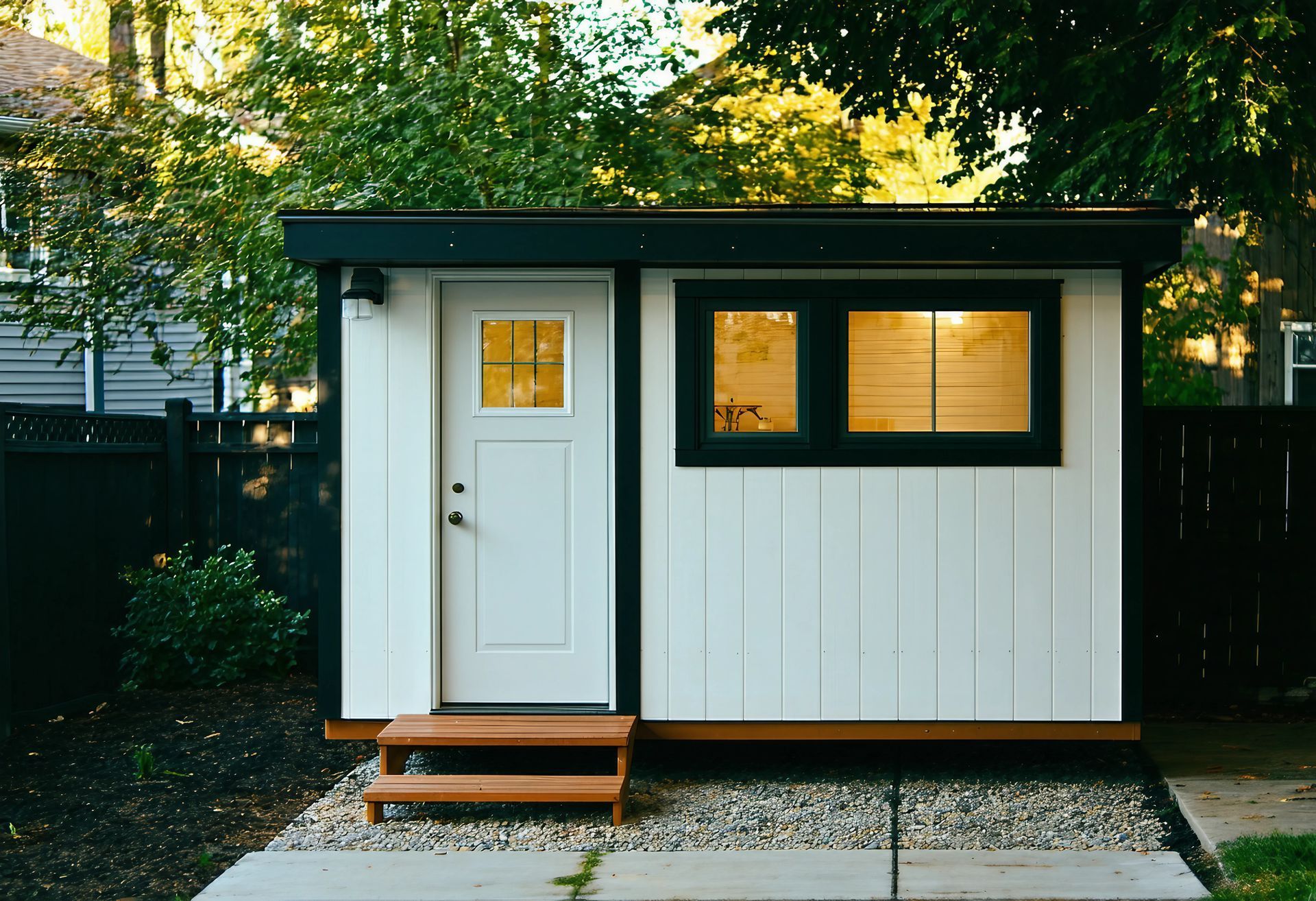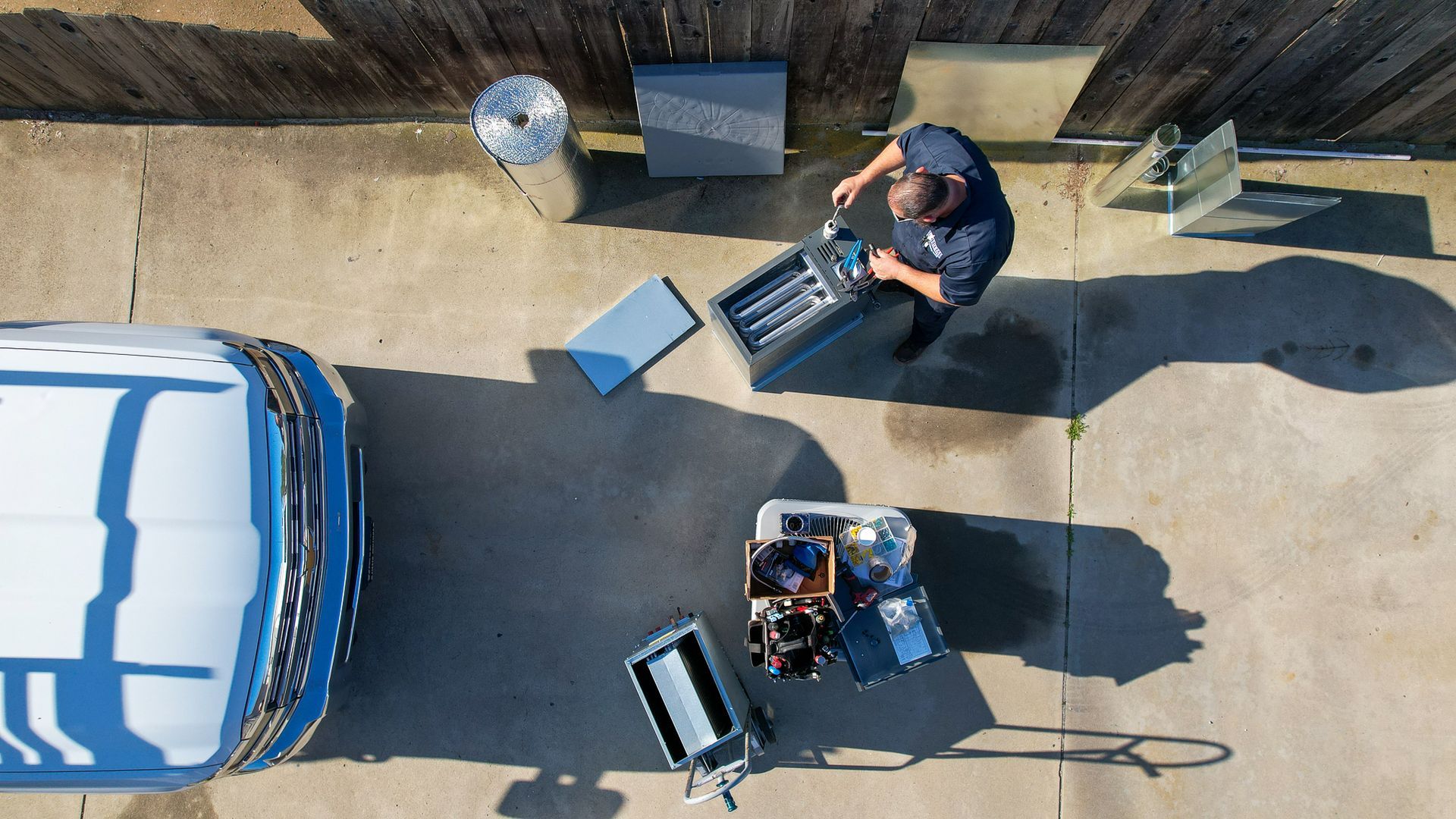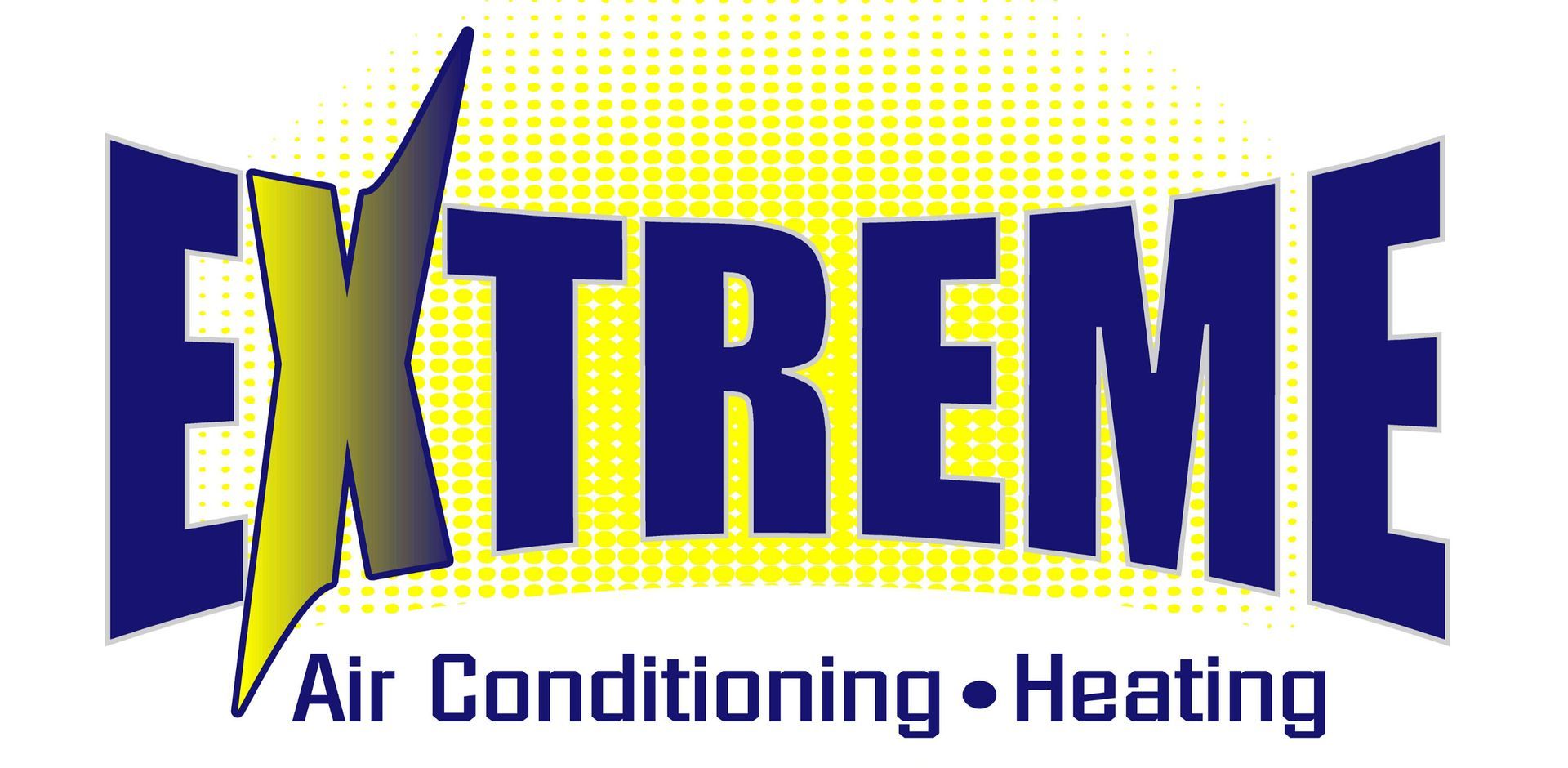Commercial HVAC Systems: Tailoring Solutions for Business Needs
Heating, ventilation, and air conditioning (HVAC) systems in commercial settings are not just about maintaining a comfortable temperature; they are crucial to any business's overall productivity, health, and operational efficiency. Unlike residential systems, commercial HVAC systems must be specifically tailored to fit the unique needs and demands of different business types and spaces. Understanding how businesses can design efficient HVAC systems is important. This article underscores the importance of regular maintenance and provides guidance on choosing the right system for various commercial environments.
Understanding the Unique Requirements of Commercial HVAC
Commercial HVAC systems are inherently complex due to the scale and variety of applications they must accommodate. From small boutiques to large office buildings or manufacturing plants, each business type presents distinct challenges and requirements for heating and cooling:
- Scale and Layout: Commercial spaces generally have larger square footage than residential areas, which can include multiple floors and complex layouts.
- Heat Load: The number of occupants, the presence of electronic equipment, and hours of operation can significantly influence the heat load and ventilation requirements.
- Energy Efficiency: Businesses often operate for extended hours, making energy efficiency a critical factor in controlling operational costs.
- Air Quality: Commercial buildings require adequate ventilation to manage air quality, particularly in industries with pollutants or chemicals.
Designing Efficient Commercial HVAC Systems
Efficient HVAC design in commercial settings begins with understanding the specific needs of the space and its occupants. Here are key considerations:
1. Zoning Systems
Zoning systems allow different building areas to be heated or cooled to different temperatures simultaneously. This is particularly useful in large or multi-story buildings where different floors or sections may have varying requirements.
2. Scalable Solutions
As businesses grow, so do their spaces and needs. Designing HVAC systems that are scalable and adaptable to future expansion is crucial.
3. Energy Efficiency
Incorporating energy-efficient designs and equipment can significantly reduce operational costs. Technologies such as variable frequency drives (VFDs) on fans and modular units that operate independently as needed can provide substantial energy savings.
The Importance of Regular Maintenance
Regular maintenance of commercial HVAC systems is not just about preventing breakdowns; it's about ensuring the equipment's efficiency, reliability, and longevity. Maintenance tasks include:
- Regular Inspections: Routine check-ups can help catch issues before they turn into costly repairs.
- Cleaning Components: Keeping components such as coils and filters clean is essential for maintaining system efficiency and air quality.
- System Upgrades: Over time, parts may need to be replaced or systems upgraded to maintain efficiency and meet new operational demands.
Proper maintenance helps keep operational costs low and ensures that the business does not experience unexpected downtimes, which can be particularly damaging in commercial settings.
Choosing the Right HVAC System for Your Business
Selecting the right HVAC system involves several factors specific to the nature of the business and its physical premises:
- Retail Spaces: Require systems that can handle high traffic and frequent door openings, which can cause significant energy loss.
- Offices: Must prioritize air quality and comfort to ensure productivity and employee satisfaction.
- Restaurants: Need robust systems capable of handling odors and fluctuating temperatures due to cooking processes.
- Manufacturing Facilities: May require specialized systems that can handle higher loads and potential pollutants.
It's advisable to consult with HVAC professionals who can provide insights and assessments based on the latest technologies and regulations in HVAC systems tailored to commercial use.
Conclusion
Tailoring commercial HVAC systems to meet specific business needs is not merely a matter of comfort—it's a strategic investment in the efficiency and sustainability of the business itself. Business owners can significantly enhance their operational effectiveness and create a comfortable, productive work environment by understanding the unique requirements of their commercial spaces, ensuring efficient system design, maintaining their systems regularly, and choosing the right equipment.



